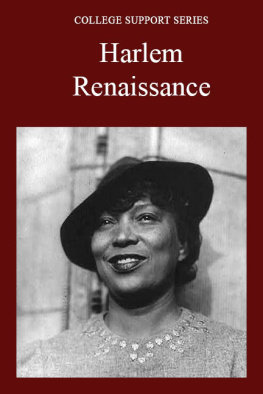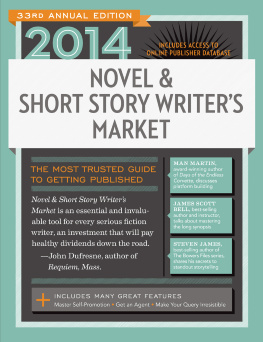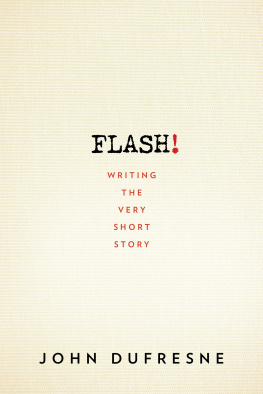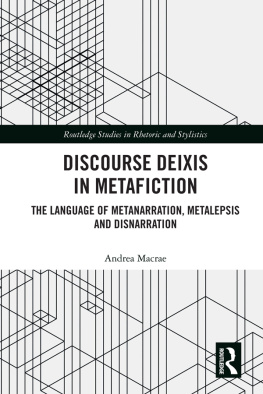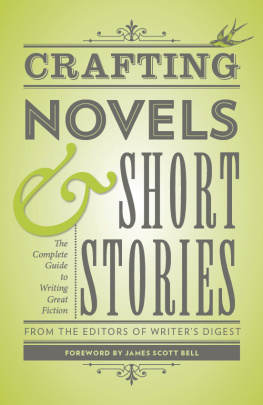
THOMAS BAILEY ALDRICH
Born: November 11, 1836
Birthplace: Portsmouth, New Hampshire
Died: March 19, 1907
Place of death: Boston, Massachusetts
Other literary forms
In addition to short stories, Thomas Bailey Aldrich wrote poems, essays, and novels. His best-known novel is The Story of a Bad Boy (1869). He was one of the most prominent men of letters in America in the 1880 s, serving as editor of the prestigious Atlantic Monthly from 1881 to 1890.
Achievements
A great popular success during his lifetime, with his collected poems being published in a highly respected series while he was still in his late twenties, Thomas Bailey Aldrich was one of the most influential editors and men of letters of late nineteenth century America. His short story Marjorie Daw was one of the most famous stories of his era, earning him an international reputation.
Biography
Born in Portsmouth, New Hampshire, on November 11, 1836, Thomas Bailey Aldrich spent his early years in New York City and New Orleans. Although he returned to Portsmouth in 1849 to prepare for Harvard University, the death of his father made it necessary for him to go to work as a clerk for his uncle in New York instead. During this period, he wrote poetry, became a member of a group of writers that included Walt Whitman, and took a job as a reporter for the Home Journal . The popularity of his sentimental verse, The Ballad of Babie Bell (1854), encouraged him to quit his clerkship and to devote himself to writing full time.
Aldrich got a job as a literary critic for the Evening Mirror in 1855, after which he was soon made an editor. He lived in New York for ten years and was part of a bohemian literary circle that centered on the aestheticism of Fitz-James O Brien. He was invited to Boston after the publication of his popular collection Marjorie Daw and Other People in 1873 to assume the editorship of Every Saturday , which reprinted European fiction and poetry for American audiences.
Aldrich published a number of stories and poems in The Atlantic Monthly , including his widely popular story Marjorie Daw, and eventually succeeded William Dean Howells as its editor in 1881, a position he held until 1890. In the last years of his life, he traveled and wrote travel literature, sketches, poems, and short prose. He died in Boston on March 19, 1907.
Analysis
Thomas Bailey Aldrich is primarily remembered in literary histories because of the effect of one story; however, that one story, Marjorie Daw, like those of other one-story writers such as Frank Stockton, who wrote The Lady or the Tiger, and Shirley Jackson, who wrote The Lottery brilliantly manages to exploit a basic human fascination with the blurring of fiction and reality. Often called a masterpiece of its type, Marjorie Daw clearly epitomizes the kind of story that O. Henry popularized more than half a century later a story that seduces the reader into believing that a purely fictional creation is actually reality, only to reveal the ruse in a striking surprise reversal at the end.
Aldrich s remaining stories, like much of his vers de soci t , are lightweight and romantic. Generally, they are witty and amusing sketches and tales that do not pretend to have any submerged meaning or symbolic significance. They are so unremarkable, in fact, that Aldrich s restrained and self-consciously literary creation of Marjorie Daw seems like a fortunate inspirational accident. It is so well crafted, so controlled, and so aware of itself as a self-reflexive play with the basic nature of fiction that it will always remain a favorite anthology piece to represent the surprise-ending story so widely popular during the last half of the nineteenth century.
Marjorie Daw
This story achieved its initial popularity and has remained a representative of the well-made, surprise-ending story because Aldrich so masterfully manipulates reader fascination with imaginative creation taken as reality. Aldrich achieves this deception, which lies at the heart of all fictional creation, by setting up a situation in which the fictional reader, Flemming, cannot test the reality of the story his friend Delaney sends him via letters because of a broken leg.
Throughout the story, Aldrich makes use of various conventions of fiction-making, beginning with Delaney s first letter apologizing that there is nothing to write about because he is living out in the country with no one around. Claiming he wishes he were a novelist so he could write Flemming a summer romance, Delaney then begins composing by asking Flemming to imagine the reality he recounts. After beginning a description of the house across the road from him, Delaney shifts to present tense, as if describing something he sees in reality: A young woman appears on the piazza with some mysterious Penelope web of embroidery in her hand, or a book. Although the description begins generally, it is enough to catch Flemming, who writes back wanting to know more about the girl, telling Delaney he has a graphic descriptive touch.
Delaney begins then to create a family for the girl and a name Marjorie Daw. Although he provides various clues that what he is describing does not exist in the real world, such as noting that it was like seeing a picture to see Marjorie hovering around her invented father, Flemming is already convinced. Echoing the experience of many readers who encounter the objectification of a fantasy, Flemming writes back to Delaney, You seem to be describing a woman I have known in some previous state of existence, or dreamed of in this, claiming that if he saw a photo of her he would recognize her at once. When Delaney writes that, if he himself were on a desert island with Marjorie, he would be like a brother to her, he once again provides a clue to the imaginative nature of the story by saying, Let me suggest a tropical island, for it costs no more to be picturesque.
Throughout the story Delaney is baffled and fascinated by the strange obsessive effect his account is having on his friend, asking, Do you mean to say that you are seriously half in love with a woman whom you have never seen with a shadow, a chimera? for what else can Miss Daw be to you? I do not understand it at all. Later Delaney makes another oblique reference to fiction-making by noting that he accepts things as people do in dreams. When Flemming insists on writing to Marjorie, Delaney reverses the fictional process by reminding him that because she knows Flemming only through him he is an abstraction to her, a figure in a dream a dream from which the faintest shock would awaken her. When Flemming threatens to come to see Marjorie, Delaney s letters become increasingly urgent, urging Flemming to stay where he is, for his presence would only complicate matters.
In the only bit of straight narrative in the story, Flemming arrives to find Delaney gone to Boston and no Marjorie Daw to be found. In the final letter, Delaney, filled with horror at what he has done, says he just wanted to make a little romance to interest Flemming and is regretful that he did it all too well. The story ends with these famous lines: There isn t any colonial mansion on the other side of the road, there isn t any piazza, there isn t any hammock there isn t any Marjorie Daw!
The story is a classic one about the power of fiction to create a convincing sense of reality. Emulating the method of composition described by Edgar Allan Poe, Aldrich once said that he wrote the last paragraph of the story first and then worked up to it, avoiding digressions and side issues. Indeed, Marjorie Daw is solely dependent on its final, single effect: surprising and delighting the reader, who has been taken in as completely as Flemming has.
Next page

